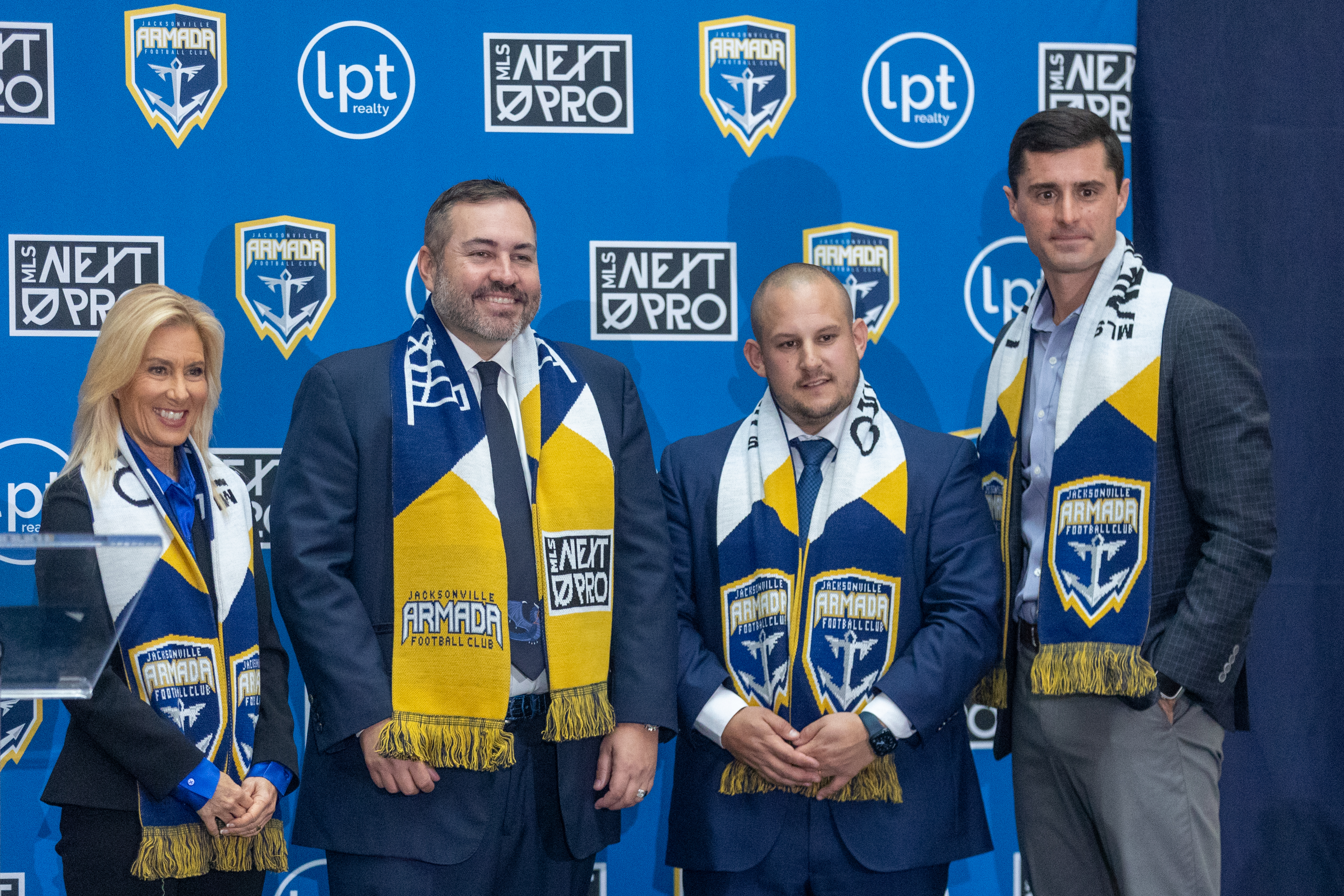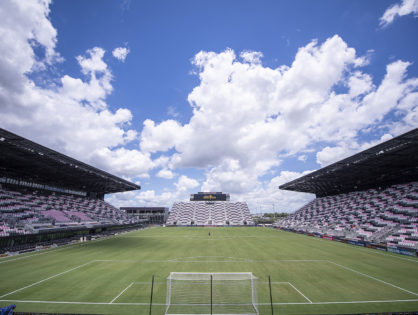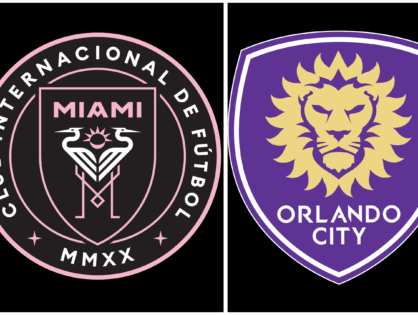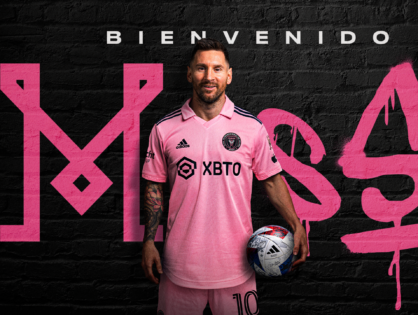By Official Florida FC
Lionel Messi is, at worst, one of the three best soccer players ever.
Considering Pele joined Diego Maradona in heaven’s best XI last year, Messi is, without question, the greatest and best living footballer.
He has won everything imaginable for club and country.
And, now, he’s decamping on Fort Lauderdale.
On June 7, he told Mundo Deportivo that he would sign with Inter Miami.
“I’m at a point where I want to step out of the spotlight a bit, think more about my family,” Messi told Mundo Deportivo. “I had two years where I was so unhappy on a personal level that I didn’t enjoy it. I had that month that was spectacular for me because of winning the World Cup, but apart from that, it was a difficult period for me. I want to rediscover joy, enjoy my family, my children, the day-to-day… And that’s why the decision for Barcelona didn’t happen.”
Messi reportedly turned down the opportunity to return to Barcelona as well as a billion-dollar offer to play in the Saudi Pro League. Instead, he is coming to Major League Soccer.
That is an incredulous thought. Now, that its reality is even more unbelievable.
There isn’t a timetable for when Messi will make his North American club debut. At this point, who cares. He says it will happen. Inter Miami says it will happen. MLS says it will happen. There is not reason to not believe all three of them.
Unlike the two others American soccer resuscitators, Pele and David Beckham, Inter Miami is in a far worse position in terms of surrounding talent than either the New York Cosmos were in 1975 or the Los Angeles Galaxy were in 2007.
Inter Miami, through mismanagement and consistent managerial churn, are one of the worst teams in MLS. A recent loss to the New England Revolution left Inter Miami (5-12, 15 points) with a second six-game losing streak this season.
Adding Messi is not enough to lift Inter Miami from the swamps of Major League Soccer’s Eastern Conference.
The quality of Major League Soccer is improving. There is tactical diversity, plus good organization can still trump supreme talent if the latter is unfocused. It’s a place where gems can be found and fading diamonds can be unceremoniously discarded if they are found to past their luster.
Its growth means that two or three players can no longer dictate their way to a MLS Cup Final appearance. Any weakness at any level of the pitch will be exploited by international-quality players.
Whether that person is currently on a national team, about to be on a national team or once was on a national team is what separates MLS from almost any league in the world. All three are found on rosters throughout the league.
MLS may be ascending, but the league has too many teams, its playoff format is wonky, and the league’s roster rules mean too many clubs have holes in glaring areas.
For Inter Miami, cavernous gaps consistently appear on the inside left when in defensive transition. Changing tactics has not worked, nor has improving the roster.
Messi may be, to paraphrase former Miami Fusion head coach Ray Hudson, magisterial; but, he’s well past the age where he is the first prong in a defense.
Of course, no one is forking out hundreds, if not thousands, of dollars to watch the seven-time Ballon d’Or winner press a Philadelphia Union defender.
Messi may not have the statistical impact he had in France with Paris Saint-Germain over the last two seasons, largely because his new club struggles to score the chances it does create.
In less than 30 years, MLS has witnessed four, distinct eras: D.C. United dynasty; Contraction concerns; Designated Player Era and what we consider the ‘Scared Money Doesn’t Make Money Era.’
The first three are self-explanatory.
The D.C. United dynasty marked the early days of the league. Its success in both the league and the U.S. Open Cup, as well as the precursor to the CONCACAF Champions Cup, helped American professional soccer find its footing.
The first MLS Cup final that didn’t feature either D.C. United or Chicago was nearly the last. The 2001 MLS Cup final featured the man who scored the most important goal in U.S. men’s national team history playing his final professional match, Paul Caliguiri, squaring off against the first homegrown wunderkind to stay in the States and play professional soccer.
Landon Donovan scored in that final. San Jose won MLS Cup and the excitement from that match might have been enough to encourage the owners to keep going.
By the time David Beckham arrived in 2007, the league changed its roster rules to accommodate him. The Designated Player Era led to increased spending across the league and meant elite talent could be compensated for their skill and worth.
The last era began in 2014, two years after Beckham left MLS for PSG. That was the year Clint Dempsey came back from overseas and the teams that invested in attacking players were rewarded with playoff runs and trophies.
The money got bigger. But, whether it was Toronto winning everything imaginable in 2017, Atlanta immediately conquering MLS in its second year in the league in 2018 or Seattle and Portland investing in the long game and being rewarded with multiple MLS Cups.
Messi’s arrival will mark the fifth MLS era.
What that means remains to be seen. It’s an exciting moment for soccer in the Sunshine State.





